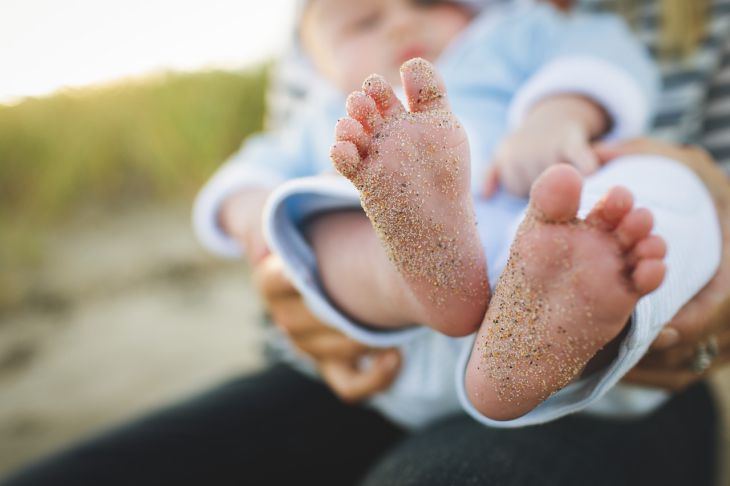Postpartum Depression: How to Recognize It Before It's Too Late
Postpartum depression is a collection of physiological, emotional, and behavioral changes that can persist for more than 2 weeks after birth.
It is difficult to imagine how a woman can suffer from depressive episodes while looking at her child, but many women are susceptible to this condition, which can negatively affect not only the relationship between mother and child, but also their physical health.
Symptoms usually develop gradually, but depression can begin suddenly. Postpartum depression interferes with women's ability to care for themselves and their baby, thereby interfering with attachment, which can lead to emotional, social, and cognitive problems in the baby later in life.
The woman's partner may also have an increased risk of developing depression, which can lead to a tense situation in the relationship, says Evgenia Goncharova , a practicing psychologist, teacher of psychology, and a member of the European and St. Petersburg Organization of Transactional Analysis.
Don't rush to diagnose yourself and don't confuse depression with the "normal blues" that almost all women who have recently given birth experience. Feeling different emotions is absolutely normal. You may feel irritable or tired, you may be sad about how your appearance has changed since giving birth. It is normal to feel a loss of strength, exhaustion, and lack of sleep.

The problem arises when this condition begins to drag on, and the new mother either stops feeling anything at all, or believes that she simply can’t cope anymore.
Depression is a medical diagnosis, it is listed in a specialized reference book.
But if you feel that your “blues” have dragged on and multiplied, and you are still feeling despair, sadness, and unwillingness to perform your usual actions, then you need to seek help from specialists.
Why does depression occur and what are its main causes?
The causes of depression can be different. Here are the main factors that can trigger its occurrence.
- Hormonal changes.
- Hereditary predisposition to mental illnesses.
- Premature birth.
- Illness or loss of a child.
- Changes in appearance and lifestyle.
- Stressful events.
- Age at pregnancy.
- Conflicts in the family.
- Loneliness.
Here are some symptoms of depression.
- Lack of sleep or insomnia.
- Mood disorders.
- Increase/decrease in appetite.
- Feeling very tired.
- Decreased libido.
- Lack of interest in the child or a feeling that you are not connected to him or her.
- Excessive tearfulness.
- Severe irritability or aggression.
- Loss of sense of pleasure.
- Feelings of worthlessness, hopelessness and helplessness.
- Thoughts about death.
- Thoughts of causing pain or harm to someone.
- Problems with concentration and decision making.
These are the most common causes and symptoms that most women experience. It is very important to remember that you cannot diagnose yourself!

How to protect yourself from depression
There is no 100% way to protect yourself from depression. It may not manifest itself at all, but in order to protect yourself and your future child from unforeseen conditions and circumstances, do not forget the most important thing - take care of yourself and listen to your own needs.
Don't be afraid to ask for help and support. It's better to consult a specialist "one more time" and make sure that everything is okay with you.
You can try asking your loved ones for help in looking after the child.
It is necessary to prepare yourself in advance for the fact that life will change with the birth of children. You can be sad about this or rejoice in the circle of loved ones or a psychologist.
It is also important to remember that your body will be subject to changes, and not always pleasant and pleasing to the eye. Perhaps you will pay attention to your diet, add some light exercise in the form of rocking the baby in your arms, or add beautiful things to your wardrobe that will highlight your advantages.
How to treat depression
It is important to understand that this condition will not last forever. And it is important to know that depression is treated only under the supervision of a specialist with the help of special or drug therapy. The sooner you seek help, the faster you will feel better.
And most importantly, remember that you are a good mother, even if things are a little difficult for you now!
